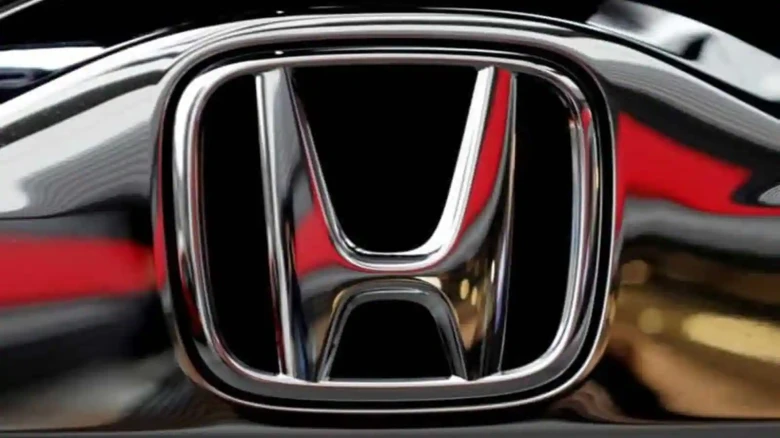The automaker company announced that it would not be able to continue with its manufacturing and that it will be closing its facility for the rest of the month.
Digital Desk: Amid Pakistan's continuous financial crisis, Honda said on Wednesday that it will shut down its plant, citing a serious interruption in the supply chain as a key factor, according to Geo News.
Honda Atlas Cars, the nation's official Honda automaker, said that the plant would be shut down from March 9 to March 31 due to the present economic climate.
The automaker company announced that it would not be able to continue with its manufacturing and that it will be closing its facility for the rest of the month.
In a notice to the Pakistan Stock Exchange, the manufacturer explained that the decision was made because the company's supply chain had been "severely affected," according to Geo News.
"Given Pakistan's current economic situation, where the government has resorted to harsh measures such as restricting the opening of LCs (letter of credits) for the import of CKD (completely knocked-down) kits, raw materials and halting foreign payments, the company's supply chain has also been severely disrupted by such measures," As a result, the company "is not in a position to continue with its production and ultimately has to shut down [its factory] from 9 March to 31 March," according to the statement.
It was previously stated that the Pakistani automakers Pak Sukuzi Motor Company (PSMC) and Indus Motor Company (IMC), which assemble Toyota-branded vehicles, will shut down entirely.
The SBP put restrictions on the opening of Letters of Credit (LCs) as a result of the continuing depreciation of the rupee, according to Geo News. This has put Pakistan's auto sector, which is heavily dependent on imports, in the middle of an exchange-rate crisis.
As a result of one of the highest rates of inflation, greater borrowing costs, and a decline in the value of the rupee, which increases the cost of imports of essential car components, Pakistan's economic growth is slowing.
The auto industry is still experiencing various difficulties, and in recent months, several automakers have announced total or partial shutdowns, citing a variety of factors, including as decreased market demand and the inability to keep inventory as businesses struggle to obtain LCs.
According to Geo News, the industry is also affected by import limits that the coalition government put in place to reduce the trade deficit.
Furthermore, to the production activity, the companies' increased CKD model prices hurt people's already limited purchasing power.
To fulfil its obligations for imports and other external payments, the nation still lacks a critical amount of currency. The foreign exchange reserves of the central bank, currently slightly over USD 3.8 billion, hardly cover a month's worth of imports.
But, once a loan from the Industrial and Commercial Bank of China (ICBC) makes its way to the State Bank of Pakistan's foreign exchange reserves, they are expected to gain momentum, reported Geo News.
The Extended Fund Facility (EFF) programme, which if approved by the IMF's board would release a funding tranche of more than USD 1 billion, is currently in limbo. The government is constantly attempting to persuade the IMF to restart it.

Leave A Comment